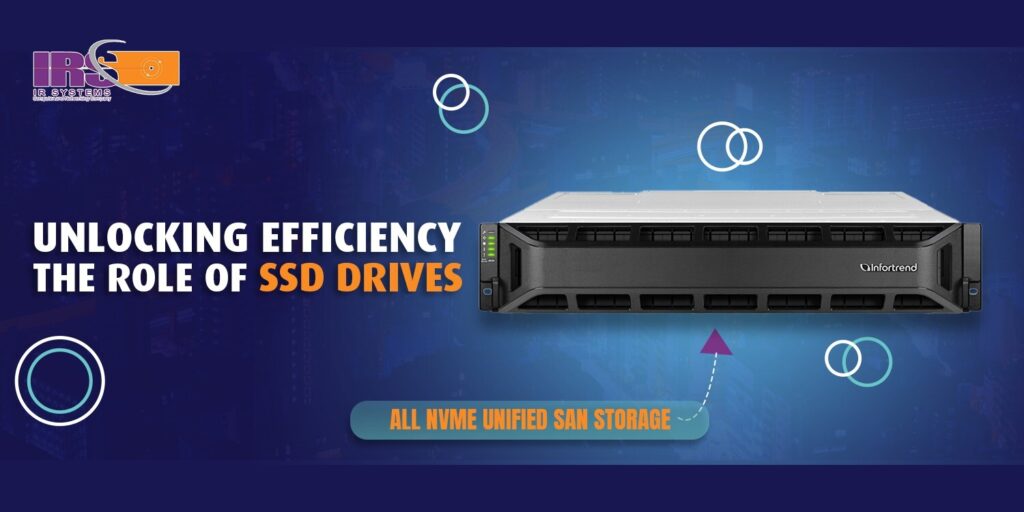Unlocking Efficiency: The Role of SSD Drives

In the realm of Information Retrieval (IR) systems, efficiency is paramount. As the digital landscape evolves, the need for faster, more responsive systems becomes increasingly critical. One key component revolutionizing IR systems is the utilization of Solid State Drives. Let’s delve into how SSD Drives are transforming IR systems across various sectors. Enhancing Speed and Performance These solid state Drives offer a remarkable leap in speed and performance compared to traditional Hard Disk Drives (HDDs). With no moving parts, SSDs significantly reduce latency, resulting in faster data retrieval and processing. In IR systems, where rapid access to vast amounts of information is crucial, this enhanced speed translates into quicker query responses and improved overall system performance. Optimizing Indexing Processes Indexing lies at the heart of IR systems, enabling efficient data retrieval based on user queries. These Drives play a pivotal role in optimizing indexing processes by facilitating swift data indexing and updating. The high read and write speeds of SSDs enable faster indexing of new data and modifications to existing indices, ensuring that IR systems maintain responsiveness even as data volumes grow. Enabling Real-Time Analytics Real-time analytics empower organizations to extract actionable insights from streaming data with minimal delay. SSD Drives enable IR systems to keep pace with the demands of real-time analytics by delivering rapid data access and processing capabilities. Whether it’s monitoring social media trends, analyzing financial market data, or tracking sensor readings, SSD-equipped IR systems can deliver timely insights critical for informed decision-making. Enhancing Scalability and Flexibility Scalability is a key consideration for IR systems, especially in dynamic environments where data volumes fluctuate unpredictably. These Drives offer superior scalability compared to HDDs, allowing IR systems to adapt seamlessly to changing data requirements. Additionally, the compact form factor of SSDs enables greater flexibility in system design, making them ideal for deployments where space is limited or where mobility is a factor. Improving Reliability and Durability Reliability is paramount in IR systems, where downtime or data loss can have significant consequences. These Drives exhibit greater reliability and durability than HDDs due to their lack of moving parts. This inherent resilience to mechanical failure makes SSD-equipped IR systems more robust and less prone to data loss, ensuring continuous operation even in demanding environments. Reducing Energy Consumption Energy efficiency is an increasingly important consideration in modern computing infrastructure. These Drives consume less power than their HDD counterparts, making them an environmentally friendly choice for IR systems. By reducing energy consumption, SSDs not only lower operational costs but also contribute to sustainability efforts, aligning with the growing emphasis on eco-friendly technology solutions. Empowering AI-Powered IR Systems Artificial Intelligence (AI) plays a pivotal role in modern IR systems, enabling advanced capabilities such as natural language processing, image recognition, and personalized recommendations. SSD Drives serve as the backbone of AI-powered IR systems, providing the speed and agility required to support computationally intensive tasks. Whether it’s training machine learning models or executing complex algorithms, SSDs ensure that AI-driven IR systems deliver optimal performance. In conclusion, SSD Drives are revolutionizing Information Retrieval systems across industries by delivering unparalleled speed, performance, and reliability. From enhancing indexing processes to enabling real-time analytics and empowering AI-driven insights, SSD-equipped IR systems are at the forefront of efficiency and innovation. As the digital landscape continues to evolve, the role of SSDs in IR systems will only become more indispensable, driving advancements and unlocking new possibilities in information retrieval and analysis.
